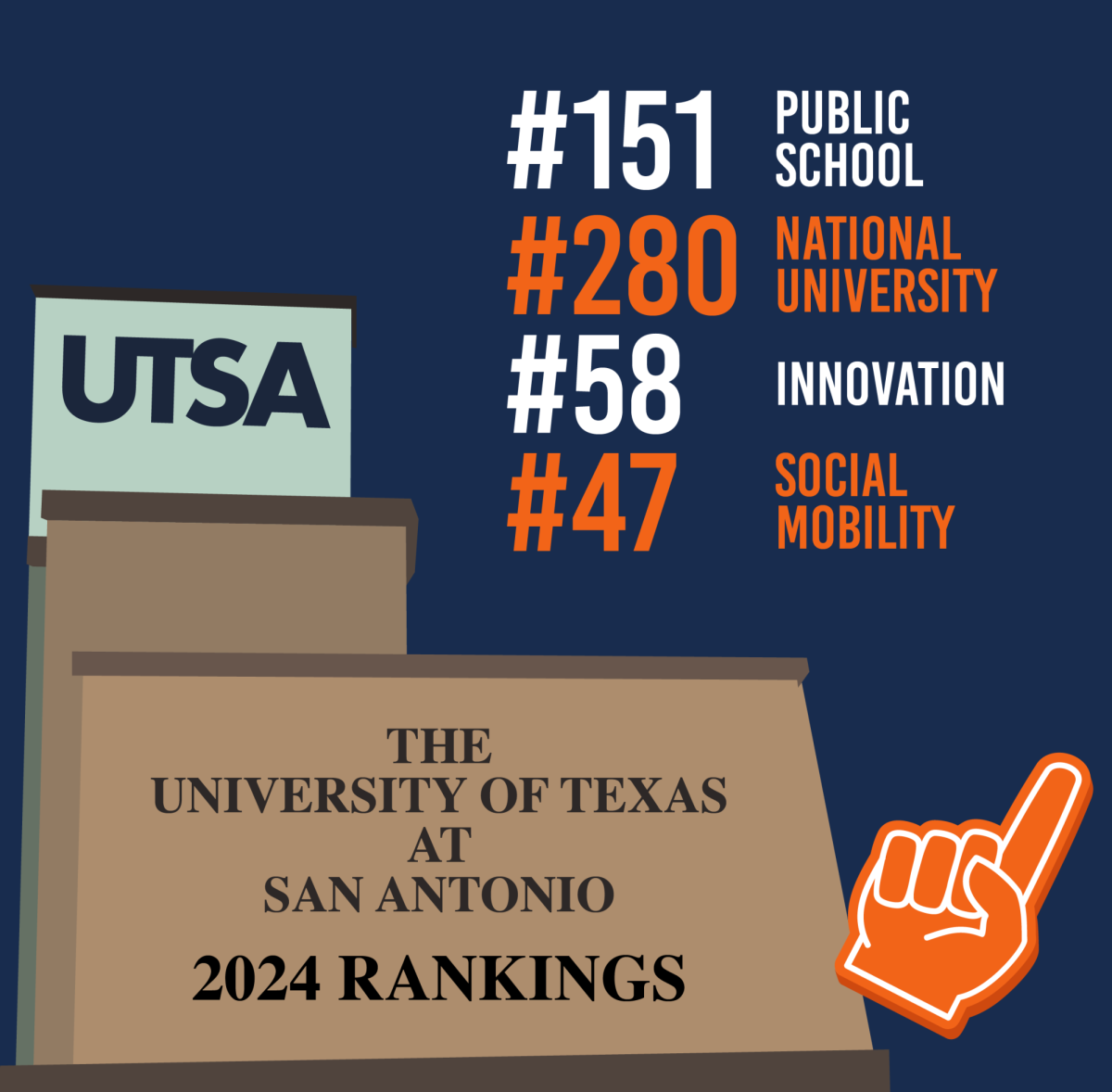It’s never too early to start planning for next semester (Well, maybe you can begin after finals are over.) Planning on what books and supplies you’ll need for next semester, as opposed to buying everything at the last minute, can save some money. Here are a few tips to keep in mind when planning for the new semester:
Make a list – Need a new planner or a new notebook? Write it down and start shopping around. By shopping early, you allow yourself the opportunity to buy from online websites, which usually offer products for a cheaper price.
Textbooks – Find out what textbooks you’ll need now and start asking your friends if they’ve taken the class and have the books. If you don’t have luck finding a previous student who took the class, start comparing prices. Beginning this process now will save you time, and you’ll get a head start on reading the chapters, because that’s what college students do, right?
Helpful guides and aids – Although I stress the importance of saving money where you can, I also believe in taking advantage of every tool to help you get a better grade. If you’re taking a class that might be difficult, search for guides on the subject. Shakespeare is a great example, and Half Price Books carries a lot of translations at cheap prices. Keep in mind, though, that many of these guides are also available online for free.
In addition to these planning tips, it’s also important to take advantage of the following two free tools that will ensure a great semester:
Professors – They always tell students to visit them during office hours, but how many students actually do? Visiting professors periodically throughout the semester to discuss your grades or receive tips for studying will help you at the end of the semester if you’re not doing as well as planned. Not only will they know who you are because you’ve created a relationship with them, but they’ll also know how hard you tried to succeed.
Study groups – As difficult as it can be to coordinate schedules, studying with a group of classmates can better your understanding of something you may have missed in class, or a concept you can’t grasp. It’s also a way to make sure you don’t spend time on Facebook when you should be studying for your tests.





